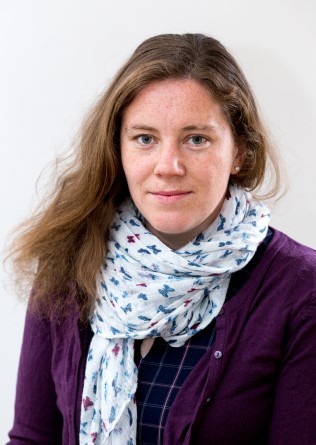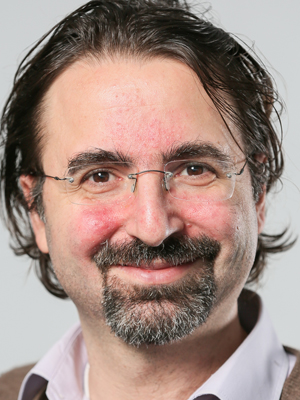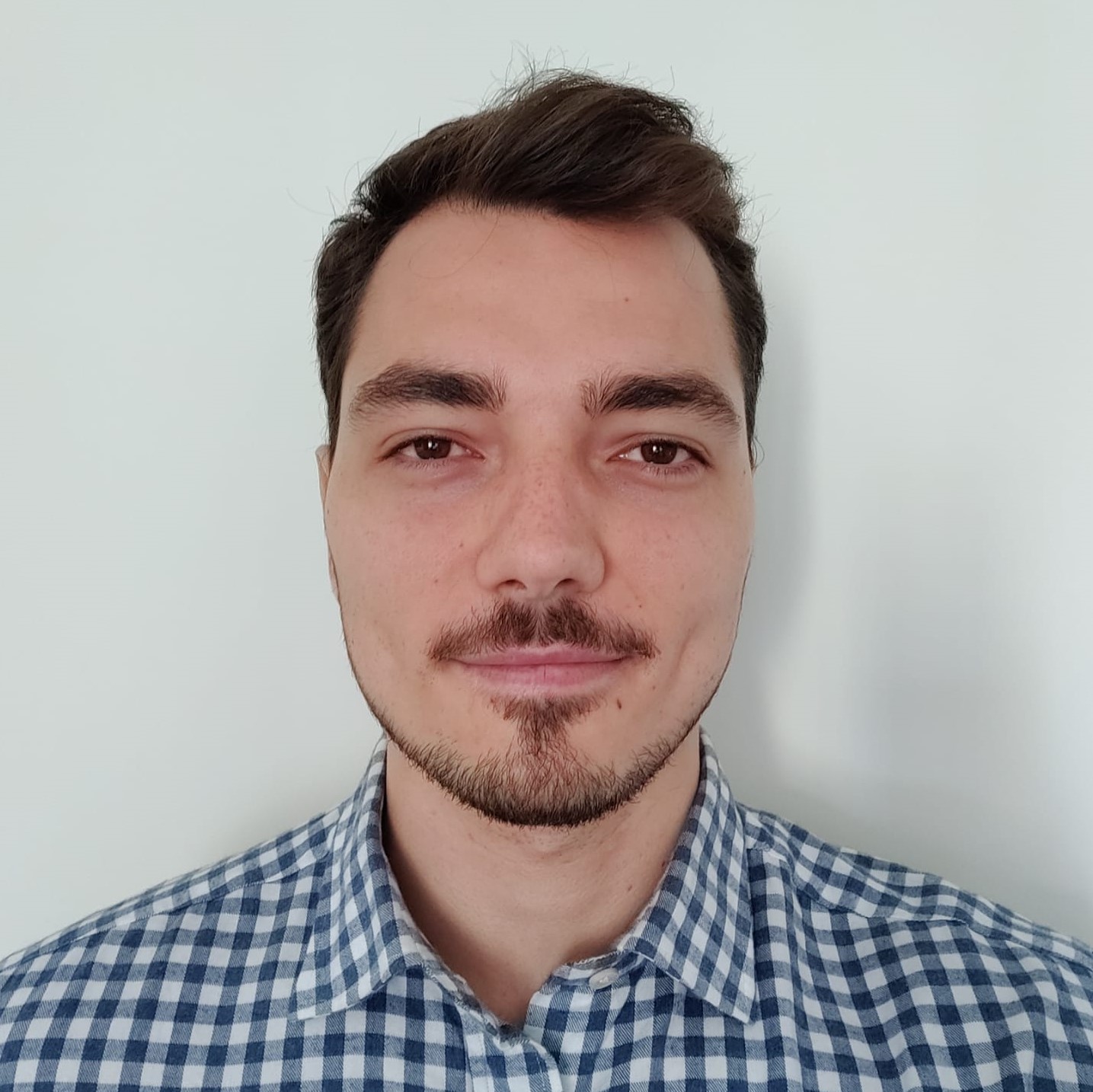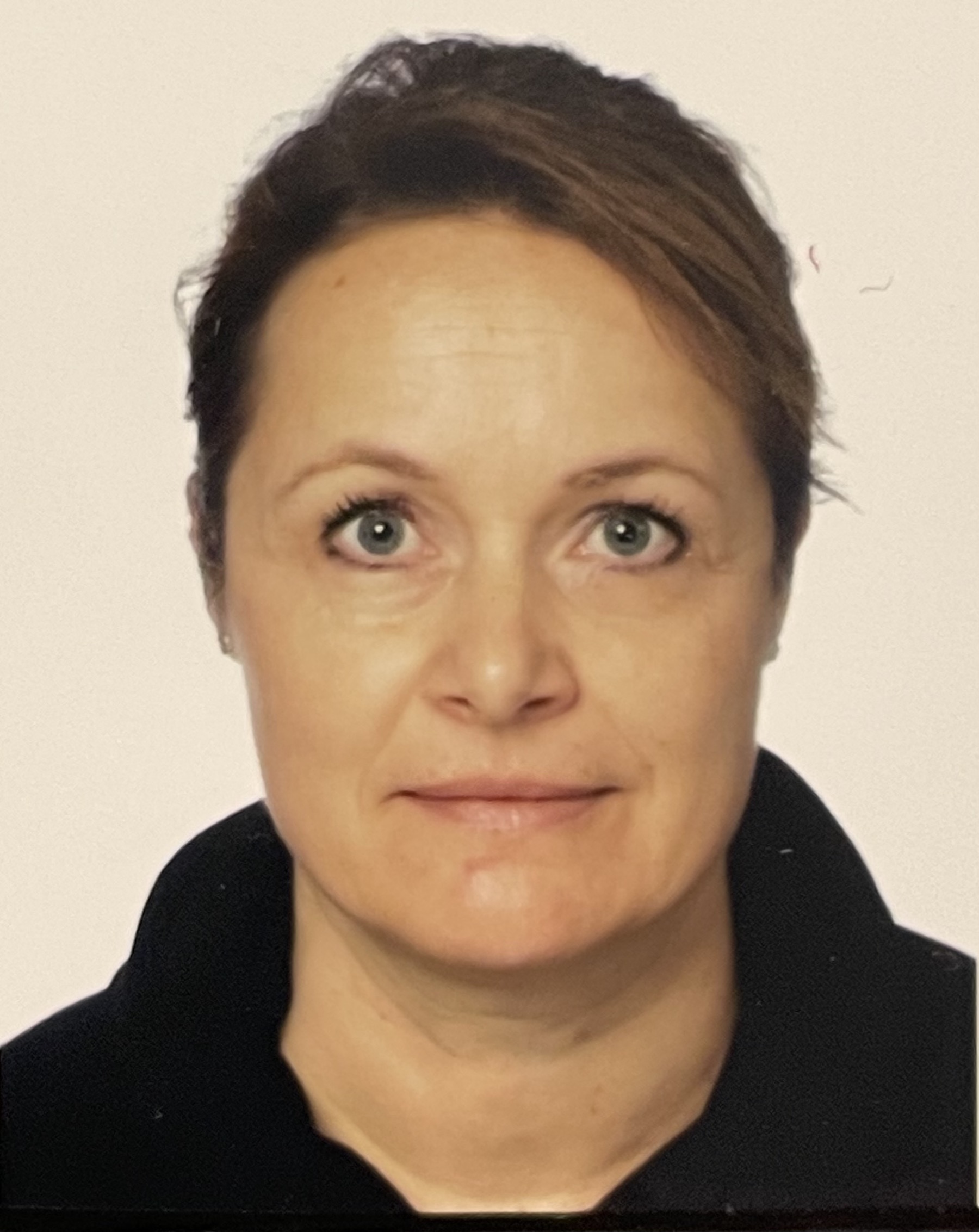The intended multidisciplinary environment will foster new collaborations to push forward the boundaries of Laboratory Automation. It will also offer a unique interdisciplinary platform for researchers and innovators to present and discuss the burning topics and practical challenges in the field of Laboratory Automation.
Switzerland is the perfect hub to start such a conference, as it’s home to some of the global players that lead R&D in the 3 highlighted topics. This conference is open to both Industry and Academia.
Smoothing the connection between the three pillars of the conference leads to the long-term goal of plug-and-play, flexible laboratory automation. The researcher of the future will seamlessly combine multiple laboratory instruments with some robotic platforms without having solid automation skills.
We invite researchers, industry members and students to join the event. We will have poster presentations and short presentations for student projects, with an award for the best presentation.
Come and join the lab of the future, today!
REGISTRATION DEADLINE: December 9th
| 08:45 | Arrival & Coffee |
| 09:00 | Introduction & Welcome |
| 09:10 |
Session 1 Academia Keynote Speakers + Round Table
|
| 10:40 | Coffee Break |
| 11:00 |
Session 2: Robotics for Lab Automation
|
| 12:30 |
Student Flash Talks
|
| 13:00 | Lunch & Posters |
| 14:00 |
Session 3: Industry Perspectives
|
| 15:00 | Coffee Break |
| 15:30 |
|
| 16:00 | Industry Panel Discussion |
| 16:30 |
Wrap up & Next Steps
|
| 16:45 | End of event |
2022 confirmed speakers
- Pascal Miéville – Executive Director – SWISS CAT+ (EPFL)
- Philippe Schwaller – Assistant Professor – Laboratory of Artificial Chemical Intelligence (EPFL)
- Harshit Khurana – Doctoral Assistant – Learning algorithms and systems laboratory (EPFL)
- Olga Fink – Assistant Professor – Intelligent Maintenance and Operations Systems (EPFL)
- Selman Sakar – Tenure Track Assistant Professor – MicroBioRobotic Systems Laboratory (EPFL)
- Loïc Roch – Chief Technology Officer – Atinary Technologies Inc.
- Patrick Courtney – Advisory Board Member – SiLA Consortium
- Enrico Eberhard – Chief Technology Officer – AICA
- Oliver Peter – Senior Director, Senior Group Leader Biology Technologies & Lead Discovery – Idorsia Pharmaceuticals Ltd
- Christoph Hartmann – Board Member at Swiss Food & Nutrition Valley – Nestlé
Laboratories require a large number of manipulations that can be automated but are often performed manually by researchers. Historically, manufacturing has driven the demand for automation in assembly lines, so it is no coincidence that industrial laboratories routinely automate their facilities, when possible. The same is true for clinical laboratories, which are required to provide large numbers of reliable measurements, to guide the treatment of patients. Structured environments greatly facilitate automatization.
Academic laboratories, that fulfill the role of training most scientists and performing discovery-driven projects are rarely, if at all, automated. The high variability across university laboratory protocols hinders the possibility to use classical, unflexible automation systems, commonly adopted in industrial and clinical settings. Manual labor creates many challenges, mainly in the reproducibility of the experiments and the productivity of the researcher, that can spend a disproportionate amount of time performing repetitive hand-operated tasks that do not contribute to her or his actual research. As projects grow in complexity, this workload easily becomes unmanageable.
This conference addresses the need of solving the automation problem for semi-structured laboratory environments, by creating an interdisciplinary network in Switzerland, to ease the process.
Location on campus
A printable map of the campus is available for download, an interactive map can also be found below.
By plane / public transport
Lausanne is directly accessible from Swiss airports by train. From the Geneva airport, the ride is 40-50 minutes and at least 3 trains leave for Lausanne every hour. From the Zurich airport, the ride is about 2.5 hours, and at least 3 trains leave for Lausanne each hour. You can buy tickets and check the schedule here.
At Lausanne train station, exit the main hall town side (as opposite from lake side). Cross the road and enter the metro station labelled “M2”, the station is inside a covered area on the right of a McDonald’s. Go down on the right side, direction “Croisettes.” Get off at the very next stop (“Lausanne – Flon”), and go up one level to metro “M1” station. This is a head station with trains all going to end station “Renens – Gare”. M1 will bring you to EPFL in about 15 minutes.
You must buy a 2 zones ticket (zone 11 + 12 or “Grand Lausanne) at a ticket machine or at the Tourism Office in the station’s hall. Euros and most debit or credit cards are accepted. If you stay at a hotel, you will get a free transportation card for the Lausanne area at check-in for the duration of your stay.
By car
Arriving from Geneva or Bern, follow the direction “LAUSANNE SUD”. Then leave the highway at “EPFL” exit. You will now be on “Route du Lac”. There are two ways into EPFL. Take the second, which is located just before a traffic light, then follow the blue parking icons.
Look on the map for the public parking lots. Use only the white places reserved for visitors. The parking can be paid with cash at the parking meter or via Twint, Easypark and Parkingpay (CHF 1.- for the first hour, CHF 2.- for the following hours).
Chair of the event
Prof. Josie Hughes established the CREATE Lab in 2021 at EPFL, in the Mechanical Engineering Department. She was previously at Cambridge University and CSAIL, MIT for her Ph.D. and Post-Doc respectively. Her background is in robotic manipulation, and soft robotics. The CREATE lab is working on advancing manipulation technologies, and using these to develop new approaches to lab automation in domains including food science and wet-lab applications.
Prof. Francesco Stellacci got his degree in Materials Engineering at the Politecnico di Milano in 1998 with Prof. Zerbi. He then moved as a Post-Doc with Prof. J.W. Perry in the Department of Chemistry at the University of Arizona. In 2002 he became as assistant professor in the Department of Materials Science and Engineering at MIT (Cambridge, USA). There he became associate professor with tenure in 2009. In 2010, he moved as a full professor to EPFL where he holds the Constellium chair (SuNMIL). Stellacci has published more than 130 papers and has more than 15 patent applications. He has won numerous awards, among the the Technology Review TR35 ’top innovator under 35’, the Popular Science Magazine ’Brilliant 10’, and the EMRS EU40. He is a Fellow of the Royal Society of Chemistry, of the Global Young Academy, and of the European Academy of Sciences.
Organizing committee
Vincenzo Scamarcio starts his Ph.D. in Material Science in 2020 under the supervision of Prof. Stellacci, to explore how flexible automation design can marry wet lab workflows. Given the multidisciplinary of the project, he is co-supervised by Prof. Hughes, based in the Mechanical Engineering department. He is currently focusing on performing biochemical experiments using a double-armed mobile autonomous platform.
For any additional questions you may have (e.g. list of suggested hotels), please do reach out.




